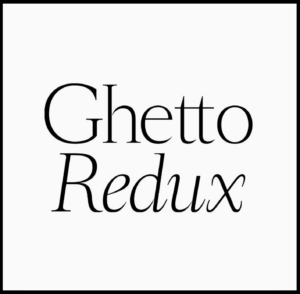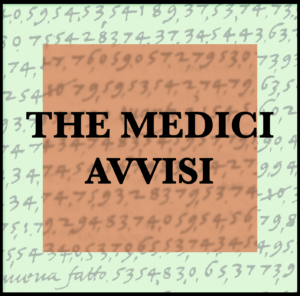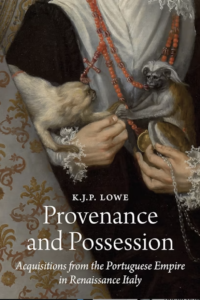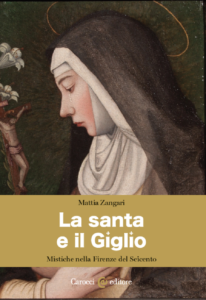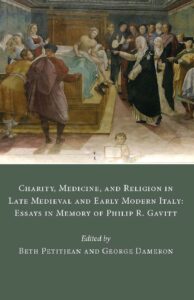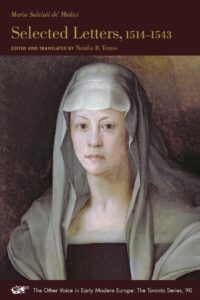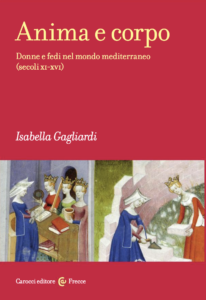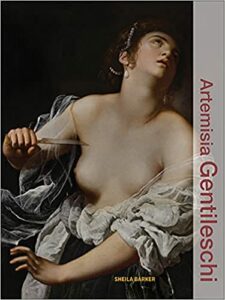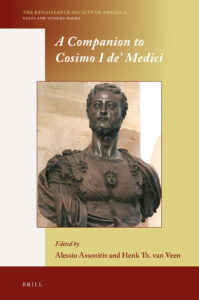Limited seating available. You will not be admitted to the conference hall without a reservation. Green Pass and masks are mandatory. To add your name on the waiting list contact: education@medici.org
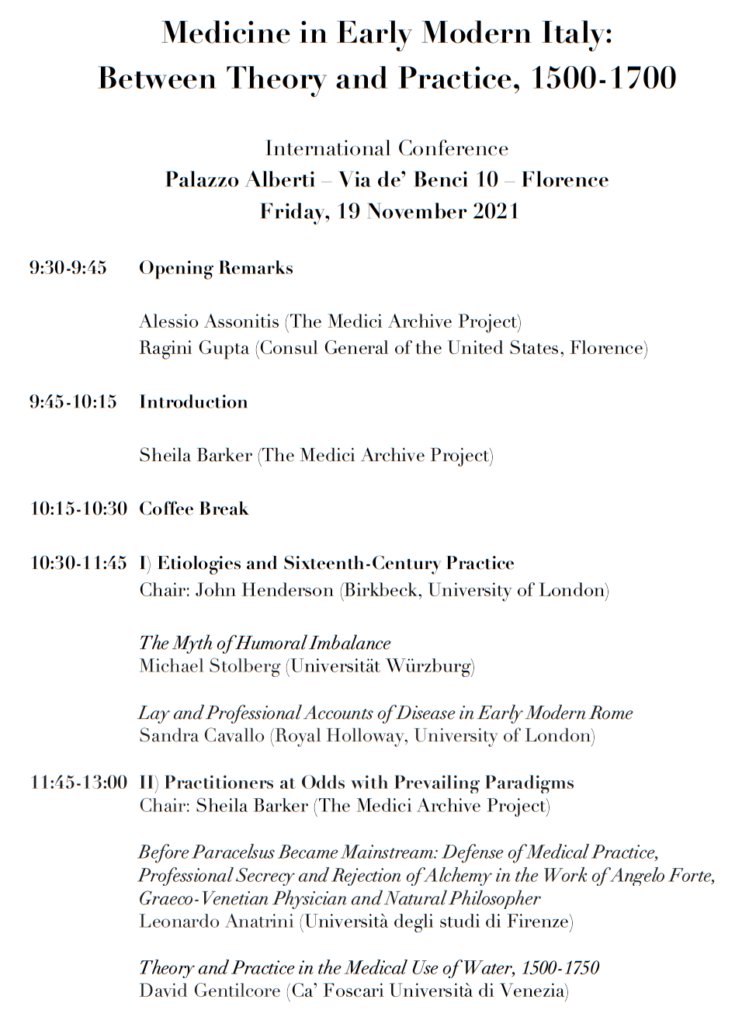
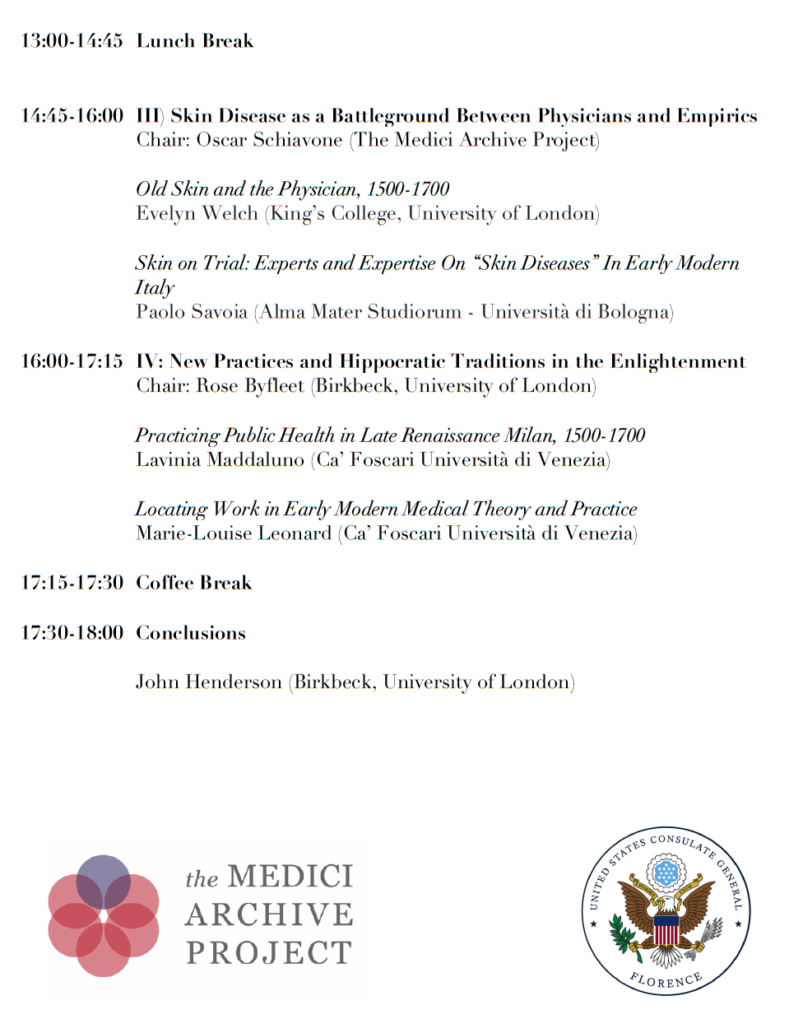
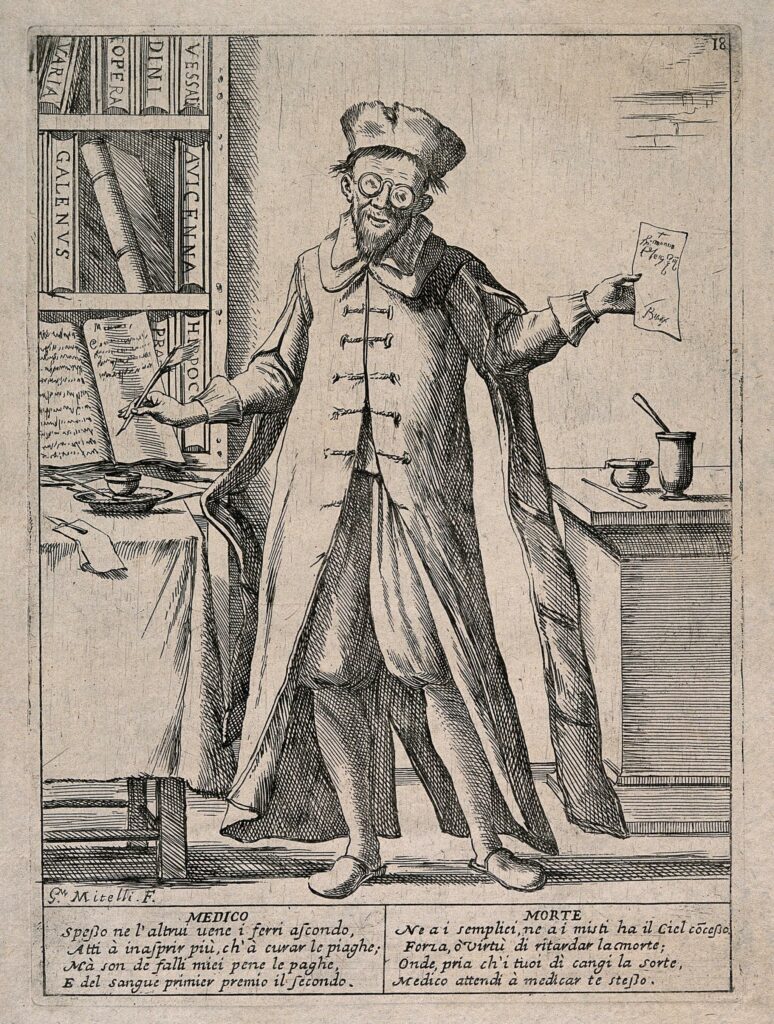
MEDICINE IN EARLY MODERN ITALY: BETWEEN THEORY AND PRACTICE, 1500-1700
Friday, 19 November 2021
The Medici Archive Project – Palazzo Alberti – Florence
Traditionally, the history of medicine in early modern Italy was a field divided sharply into the study of theory and the study of practice, yet this separation was neither equal nor historically justified. Whereas serious attention was given early on to the intellectual foundations of the discipline, far less attention was directed to the consideration of how and when this body of knowledge was translated into practical expressions such as recipes, cures, procedures, and public measures (and vice-versa). A corrective to this imbalance has emerged in the past decades, with scholars adopting, for instance, patient-centered perspectives an exploration of the role of the body, emotions and gender, and the full range of formal and informal practitioners. Further opportunities for understanding the practice of medicine have arisen whenever historians of medicine have engaged with other disciplines, including art and architectural history, religious studies, environmental history, book history, and economic history.
The aim of this conference is to redress the historiographic bifurcation of studies of medical theory and studies of medical practice. We seek papers that reveal the entangled interrelationship between these two realms in a period that was characterized by the rise of empirical experimentation, as well as the growing need to incorporate novel drugs and unfamiliar diseases into the hoary paradigms of professional medicine. The following are examples of the questions that animate interest in this topic: Did physicians’ casebooks make reference to either the utility and/or limitations of medical theory? In what contexts do we encounter recipes that indicate implementation and modification of a theory, such as Galenic humoral medicine or Paracelsian iatrochemistry? What were the challenges and impact on theory and practice of the importation of new medicines through the growth in global trade? What consequences did the academic debate around the influence of Arabic writings have for medical practice? To what degree did an understanding of medical theory matter in the licensing of apothecaries? With the emergence of the printing industry, did the tension between practice and theory expand or shrink? Did prevailing medical theories facilitate or hamper the integration of new discoveries in anatomy and medical botany into the physician’s practice? To what degree was penning a theoretical treatise a catalyst to a lucrative career as a court physician? Did empiricists and quacks ever find it beneficial to adopt the language and concepts of medical theory? Did religious reforms make their impact felt differently in theory versus practice? To what degree could a prince-practitioner eschew theory yet maintain credibility in elite circles?



